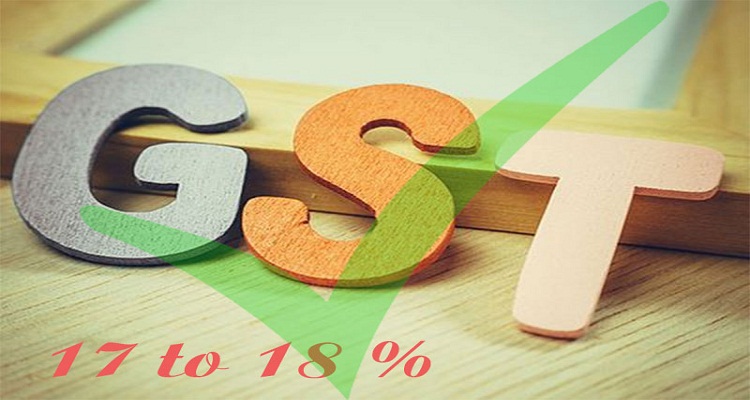The chief committee of government, CEA-led has given a suggestion to the Centre to set the Goods and Services Tax (GST) rate around 17-18 Percent. The committee also believes that this rate is suitable for every one and will help to boost the chances of common agreement on the vital reform. This rate meets all requirements of constitutional amendment bill, therefore there are many chances for the bill to be passed in current winter session.
Chief Economic Advisor, Mr. Arvind Subramanian also suggested for the standard rate that at which goods and services will be taxed to be around revenue-neutral rate of 15-15.5 percent.
On the other hand, Economic Affairs Secretary, Mr. Shaktikanta Das told, “The submission of the report is one more step in the direction of our administrative preparedness to implement GST,”
The ruling BJP is expecting to roll-out the GST on its deadline of April 1, 2016. Mr. Das further added, “The finance ministry will go through the report as also will state governments. We all know that GST will add to the GDP of the country.”
Committee said, “Facilitating easy implementation and taxpayer compliance at an early stage — via low rates and without adding to inflationary pressures — will be critical,”
Mr. Vivek Mishra leader of indirect tax, PwC India also told, “The RNR (revenue-neutral-rate) committee has now recommended a standard rate of 17-18%. This is quite a stunning development.”
Presently Secretary General of FICCI, Mr. A Didar Singh said, “The industry has been looking forward to this report and puts to rest the taxpayers’ anxiety on the expected rates and many other issues relating to the GST regime,”
Committee has also supported the Congress’s issue of scrapping the 1% tax on the inter-state on the sales. It also added its words in its statement, “The credibility of the macroeconomic system as a whole is undermined by constitutionalising a tax rate or a tax exemption. Setting a tax rate or an exemptions policy in stone for all time, regardless of the circumstances that will arise in future, of the macroeconomic conditions, and of national priorities may not be credible or effective in the medium term.”
Read More: GST Overview: Pros and Cons









